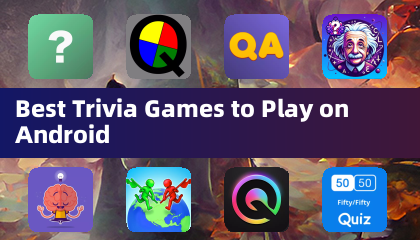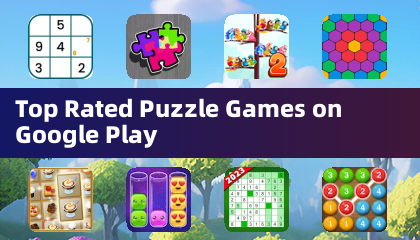Rod Fergusson, the general manager of the Diablo series, began his keynote at the DICE Summit 2025 by addressing one of the franchise's most notable setbacks: Error 37. This error plagued the launch of Diablo 3, preventing countless players from accessing the game due to overwhelming server demand. It became a meme and a symbol of Blizzard's initial struggle with the game's launch. Despite this rocky start, Diablo 3 eventually found success through Blizzard's persistent efforts and updates.
Fergusson emphasized the importance of avoiding similar issues as Diablo evolves into a more intricate live service model with Diablo 4. This new installment has embraced frequent updates, ongoing seasons, and planned expansions, aiming to maintain player engagement over an extended period. The potential for another server issue like Error 37 could be detrimental to Diablo 4's ambition to become a lasting live service juggernaut.
Diablo, Immortal
In a follow-up conversation at the DICE Summit 2025 in Las Vegas, I discussed with Fergusson his vision for Diablo 4's future following his talk titled "Evolving Sanctuary: Building a Resilient Live-Service Game in Diablo IV." In his presentation, Fergusson highlighted four crucial elements for Diablo 4's resilience: scaling the game effectively, ensuring a steady flow of content, maintaining flexibility in design, and keeping players informed about future updates.
Fergusson's strategy reflects a commitment to a live service model, contrasting with the series' previous approach of relying on expansions and updates spaced years apart. When asked about the longevity of Diablo 4, Fergusson expressed a desire for the game to last "for years," though he stopped short of declaring it eternal. He referenced Destiny's ambitious 10-year plan, suggesting that while Diablo 4 won't necessarily follow that model, Blizzard aims to respect players' time and investment in the game.
Fergusson, who joined Blizzard in 2020 after leading the Gears franchise, shared insights into the development of Diablo 4's second expansion, Vessel of Hatred. Originally planned for a yearly release, the expansion's timeline was extended due to staff reallocations to address immediate game updates upon launch and the first season. Fergusson learned from this experience and is cautious about setting firm timelines, preferring to provide players with a general idea of what to expect without overcommitting.
Ruining the Surprise…on Purpose
Transparency is a key theme in Fergusson's approach to Diablo 4. The team plans to reveal a content roadmap in April and utilize the Public Test Realm (PTR) to allow players to test upcoming patches before they go live. Initially hesitant about spoiling surprises, Fergusson now believes that it's better to "ruin the surprise for 10,000 people so that millions of people have a great season." He acknowledges the challenges of data leaks but maintains that the benefits of transparency outweigh the risks.
Fergusson also expressed interest in expanding the PTR to console players, acknowledging the current limitations due to certification processes. He highlighted the advantages of having Diablo 4 on Xbox Game Pass, which removes entry barriers and attracts new players, similar to the decision to release the game on Steam alongside Battle.net.
All Hours Diablo
In our conversation, Fergusson shared his personal gaming habits, mentioning his top three games of 2024 by playtime: NHL 24, Destiny 2, and, unsurprisingly, Diablo 4. With over 650 hours on his home account, Fergusson's passion for Diablo is evident. He enjoys playing as a Companion Druid and recently started a Dance of Knives Rogue, underscoring his deep engagement with the game.
Fergusson's dedication to Diablo reflects his belief in the game's ongoing appeal and potential as a live service. He aims to cater to players who enjoy both Diablo and other similar titles like Path of Exile 2, ensuring that season schedules do not overlap and allowing players to enjoy each game without conflict.
In summary, Rod Fergusson's vision for Diablo 4 is one of resilience, transparency, and long-term engagement, building on the lessons learned from past challenges and successes to create a game that can thrive in the competitive landscape of live service gaming.








![Hitomi's Sick Pleasure v0.36 [18+]](https://images.51ycg.com/uploads/84/17313196976731d79192ed0.png)






